- Home/
- Comparisons/
- Glaziers/
- Double Glazing vs Triple Glazing
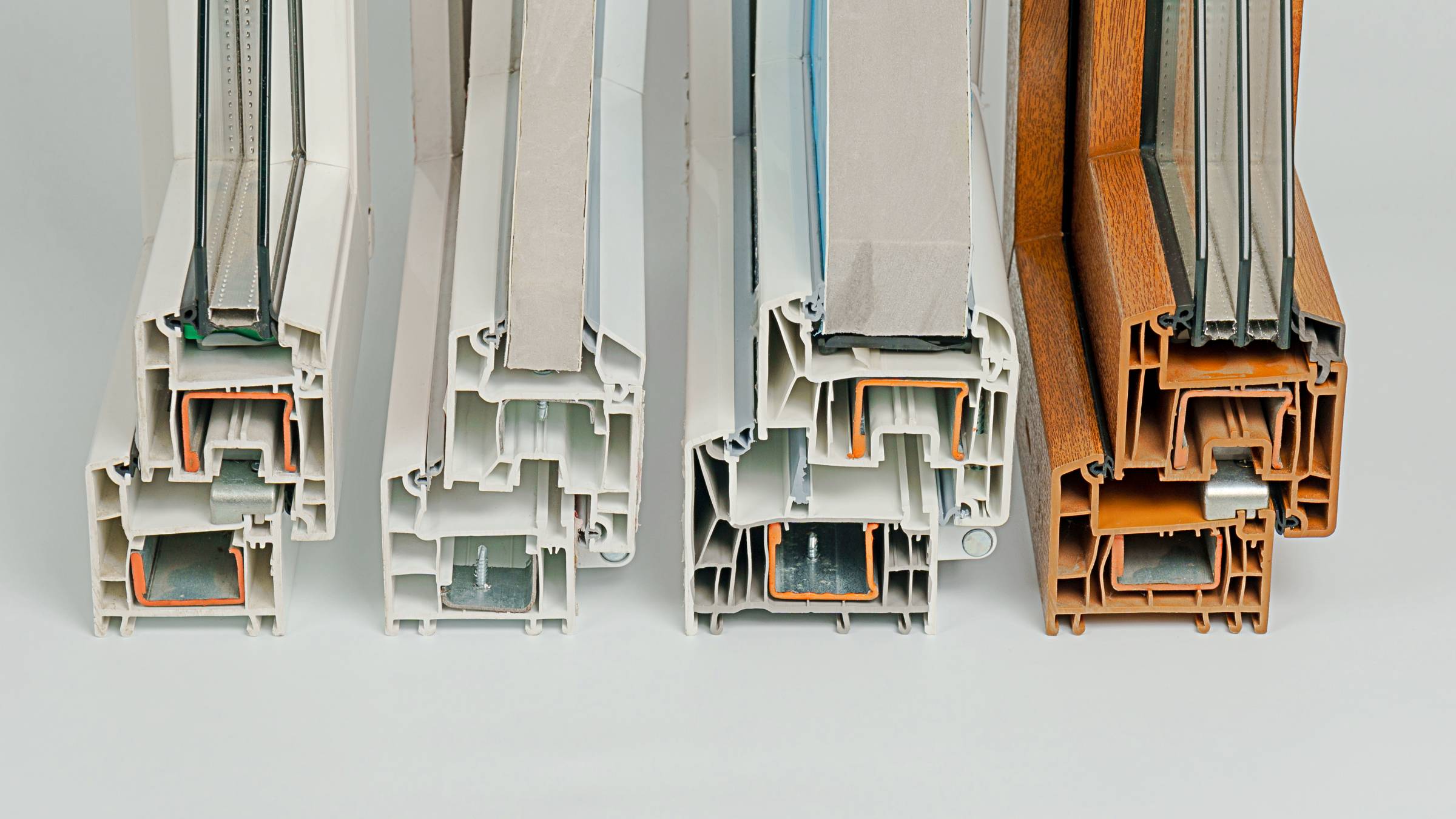
Double glazing vs triple glazing: Which window type is better for your home?
Comparing double and triple glazing based on cost, appearance, and more
Hire a glazierLast Updated on
Key Facts
- Double glazing is a type of insulating glazing consisting of two panes of glass separated by a sealed air or gas space. It is cheaper and easier to install and maintain than a triple glaze, lasts for up to 20 years, and has higher thermal efficiency than single glazed windows.
- Triple glazing is insulated glazing with three panes and a gas space in between. It is thicker than windows with double glazing, which makes it more expensive and complicated to fit. However, it offers better security, privacy, and durability.
Chilly drafts and noisy streets keeping you up at night? As a homeowner in the UK, you want windows that reduce heat loss in cold winters but keep the space cool in summer. Not to mention blocking out the noise of passing traffic!
If your old, drafty single glazed windows are failing you, consider upgrading to double or triple glazed windows. But what is the difference? This straightforward guide compares double glazing vs triple glazing. This way, you can decide what’s better for your British home and climate.
We’ll look at the key factors: insulation, energy efficiency, noise, costs, and more. All these pieces of information are handy when buying windows and even choosing a glazing expert. After reading this triple glazing vs double glazing primer, you can say bye-bye to frigid winters at home, sleepless nights, and even wasteful energy bills.
What is double glazing?
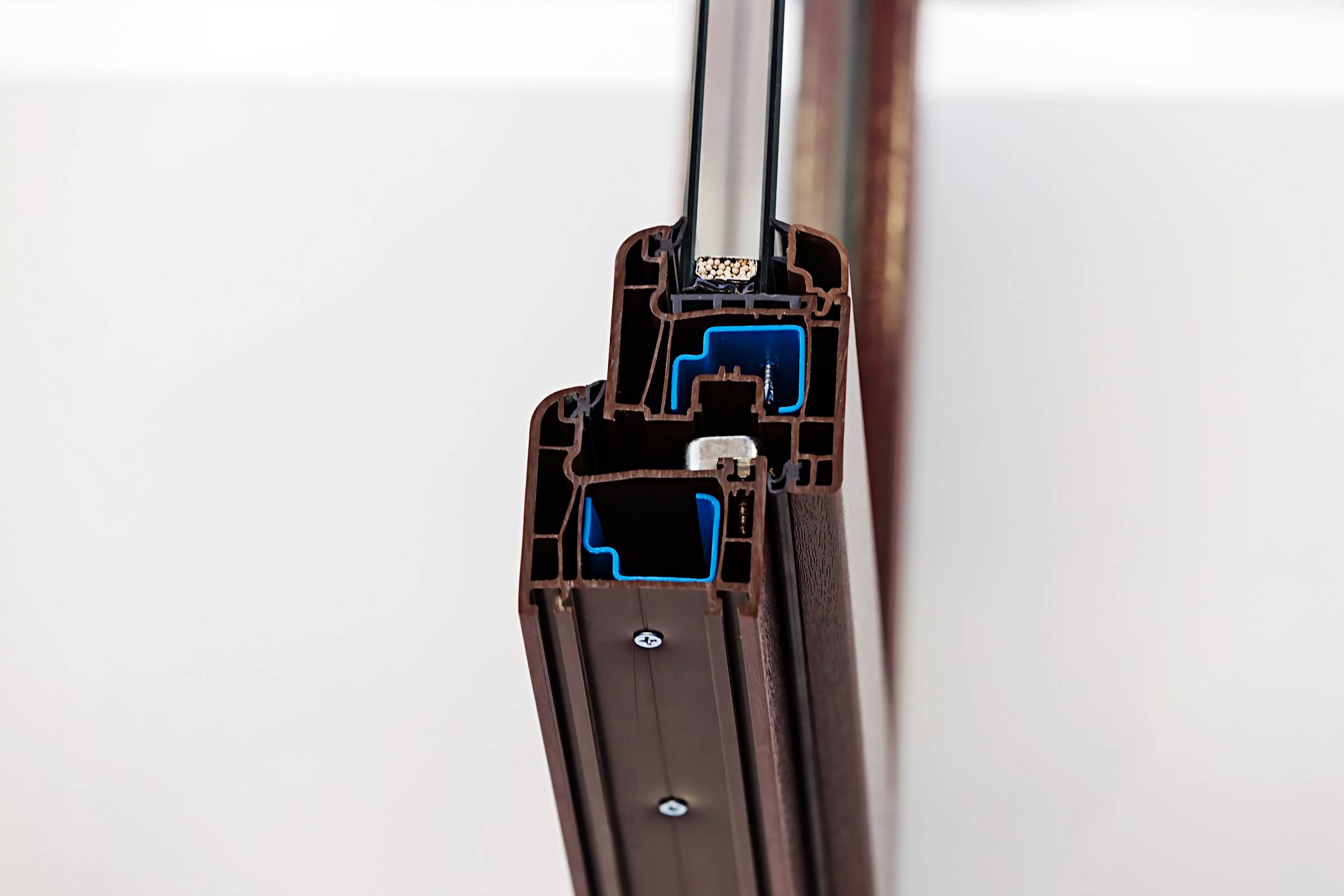
Unlike single glazing, double glazing consists of two panes of glass separated by a gap filled with insulating gas, which is usually argon. This setup with two panes works this way:
A layer of insulation exists between the inner and outer glass panels. It reduces heat transfer and improves thermal efficiency.
The insulating gas between the panels also acts as an additional barrier to conduction and convection, limiting heat loss in winter and heat gain in summer.
This makes double glazing much more effective than single glazing at keeping your home comfortable in the variable British climate.
As far as history goes, no one can truly pinpoint the origins of the double glazed windows in the UK. Some said it started during the Victorian times, which makes sense since glass became more popular and cheaper during this period.
Regardless of where or when they started, double glazed windows are a significant efficiency upgrade over outdated single-paned windows for many UK homes.
What is triple glazing?
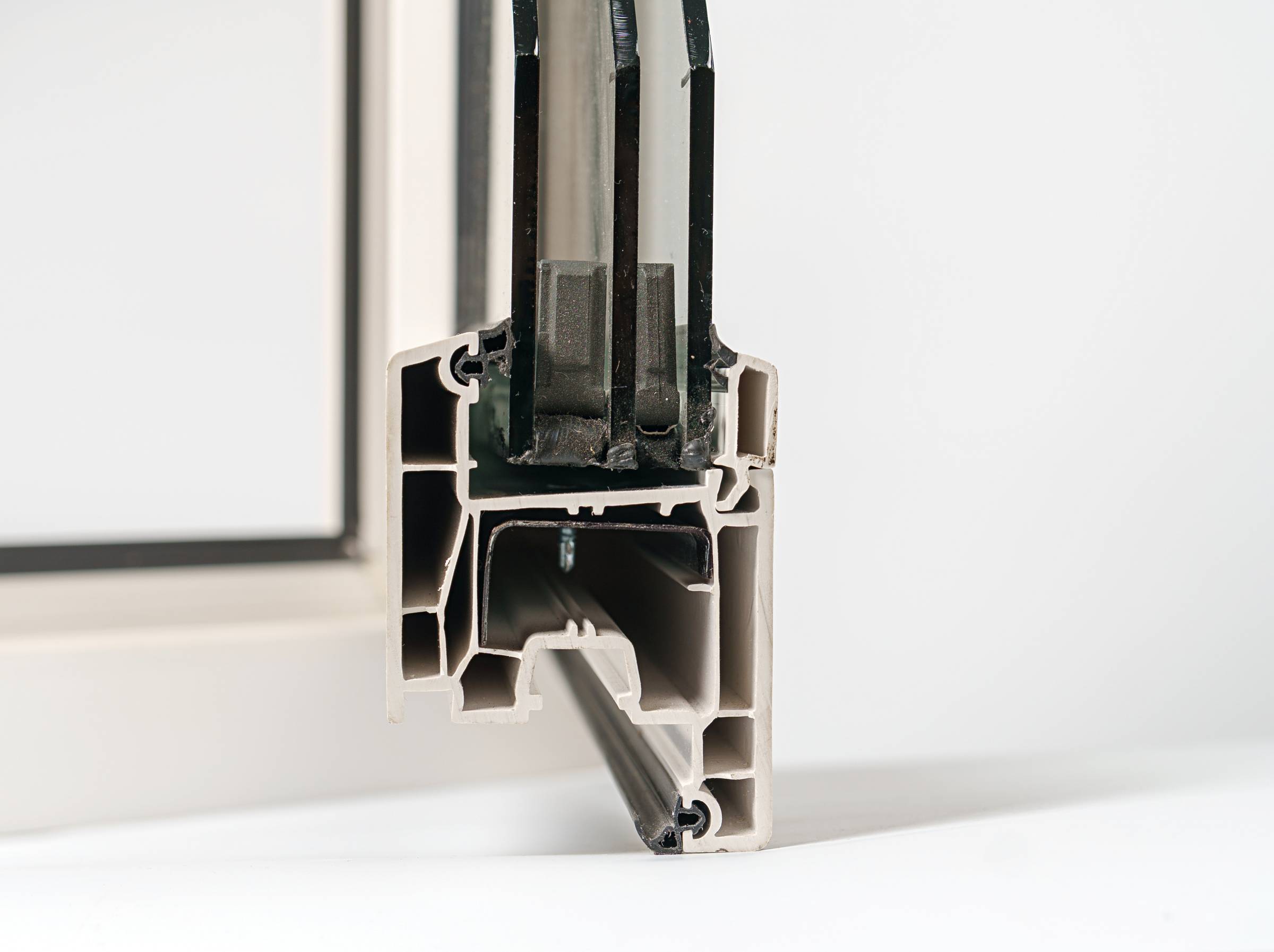
Triple glazed windows take double glazing’s design a step further by incorporating a third pane of glass. This extra layer creates two insulating gaps between the glass rather than just one.
Like double glazing, these gaps are filled with argon or air to prevent heat transfer. The result is a window with greatly enhanced insulation capabilities compared to single or double glazed windows.
The extra pane also provides an additional barrier to trap heat inside your home. This allows triple glazing to keep rooms noticeably warmer than equivalent double glazed windows in winter, reducing British heating bills.
Double or triple glazing: Which is better for your needs?
With both double and triple glazing offering improved efficiency over single-pane windows, choosing the right option can be tricky for UK homeowners. Should you invest in triple glazing for maximum thermal performance? Or will double glazing meet your needs at a lower cost?
Compare double glazed vs triple glazed units below.
In terms of cost
What is the price difference between double and triple glazing windows? In the UK, the average cost of double glazing is between £250 and £3,000. Usually, this is about 10% to 15% cheaper than triple glazed windows.
The latter is pricier for the following reasons:
Triple glazing requires an additional pane over double glazing, increasing materials and installation labour.
You might need larger multi-chambered frames to accommodate triple glazing’s extra thickness.
More premium low-emissivity glass drives up cost but improves insulation.
In terms of appearance
One visible difference between double-glazed vs triple glazed is the thickness. Windows with double glazing typically have slimmer frames because they only need to fit two panes. The extra pane of triple glazing results in slightly wider window frames and glazing units. However, advances in technology have minimised the thickness gap to less than 100 mm wide, reducing the bulkiness.
The types of glass used in glazed windows also affect their appearance. Float or annealed glass is the most popular. It is clear, thin, and lightweight with a slight greenish tint. Another option is tempered or toughened glass. This one has smooth rounded edges, with a slight blue-green hue.
Meanwhile, low-emissivity (low-E) glass has a thin coating that reflects heat back to its source. Laminated glass has two or more layers bonded together with a thin layer of plastic.
In terms of fitting complexity
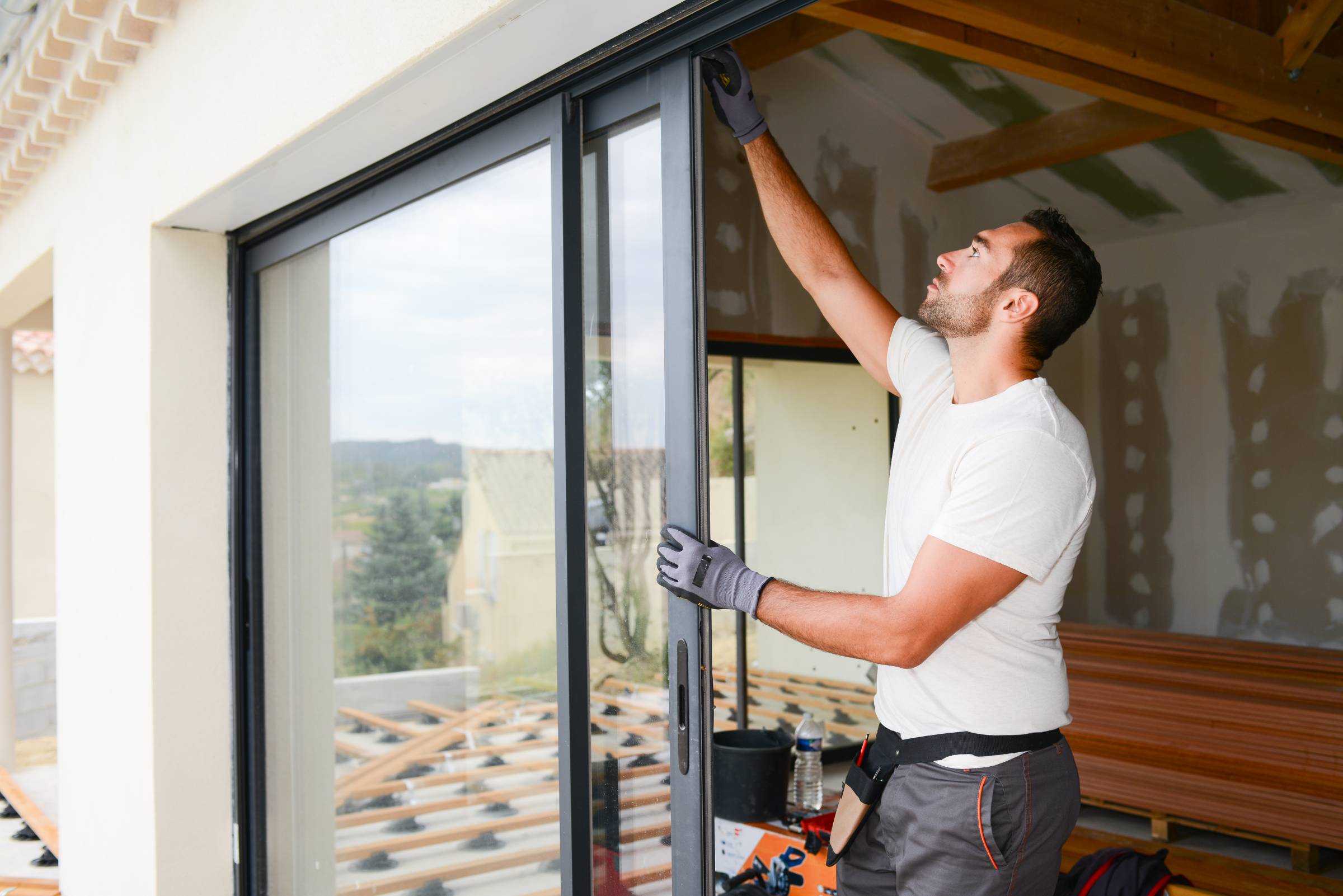
Triple glazed windows can be more complicated and challenging to fit than double glazed units for the following reasons:
They are often heavier because of the extra glass panes. Depending on their thickness and size, they might require more people to carry and fit them into the window frames.
Some existing windows, especially those of old homes or historical buildings, cannot bear the extra weight.
Fitters often have to modify the frames of old double glazed windows or cut some glass to accommodate triple glazed units.
In terms of thermal insulation
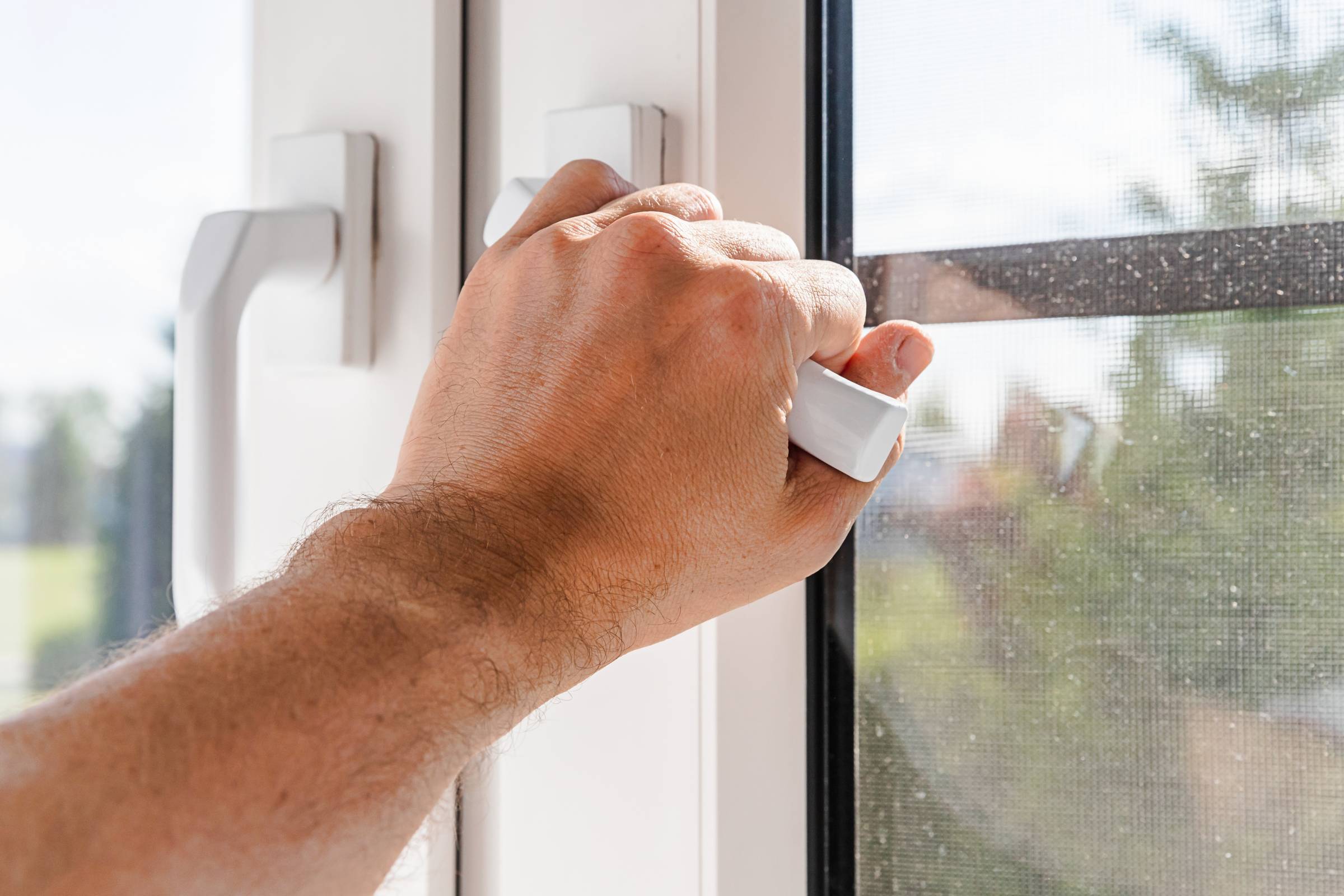 Does double glazing keep heat out? Yes, and so do windows with triple glazing. In fact, they perform well in the following factors when compared with single glazed units:
Does double glazing keep heat out? Yes, and so do windows with triple glazing. In fact, they perform well in the following factors when compared with single glazed units:
U-value, which measures how well the material conducts heat
Solar gain, which determines how much sunlight passes through the glass material
They have high thermal insulation properties partly because of their gases, which are either argon or krypton. Because they are inert, they are less conductive than air.
However, windows with triple glazing have better energy efficiency than those with only double glazing. They have a lower U-value, which is from 0.6 to 1.0 W/m²K. Double glazed units have between 1.2 and 1.6 W/m²K. This means triple glazed ones do not create as much heat loss, which is great when temperatures drop.
At 0.3 to 0.5, the solar heat gain coefficient (SHGC) of triple glazing is also lower than that of double glazing, which is from 0.5 to 0.70. A triple glaze allows less heat to go through.
In terms of noise reduction
Does triple glazing reduce noise? Yes, which makes it also ideal to fit when you live on a busy road. The additional layers and gas provide not only better energy efficiency but also outdoor sound insulation.
However, the gap in the middle pane also creates ‘echo chambers,’ causing the triple glazed windows to vibrate or rattle. It can be both unsettling and irritating if it happens more frequently.
In terms of privacy/security
One of the benefits of triple glazing over double glazing is better privacy and security. The three panes make it more difficult for outside noise to penetrate the glass, providing greater soundproofing.
Plus, an extra obstructing pane creates more distortion and reduces visibility. Intruders are less likely to see the inside better and faster. Even if they become bold, a triple glazed window is still harder to break, especially if it uses toughened glass in between.
In terms of durability/maintenance
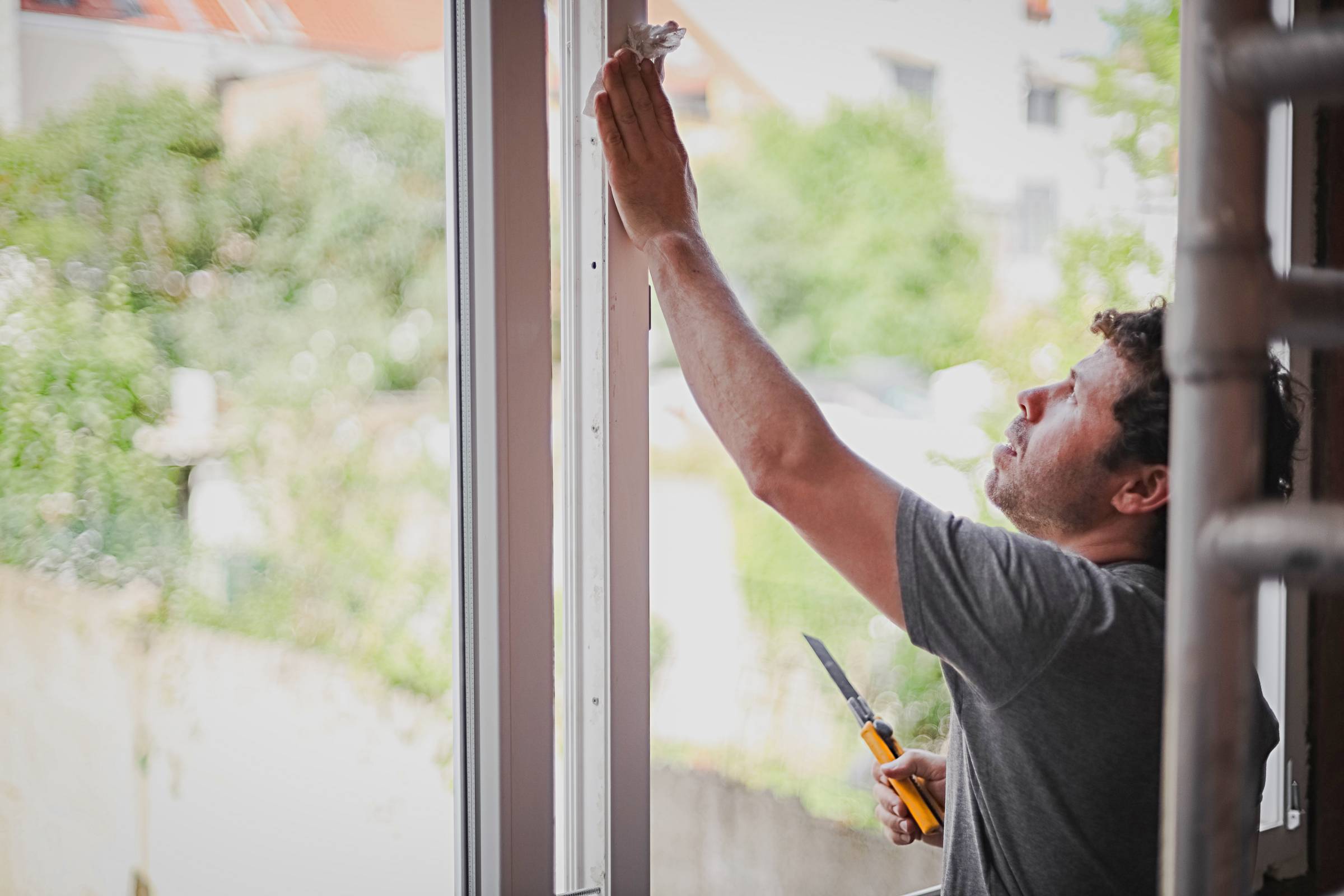
One difference between double and triple glazing is durability. Because triple-glazed windows have a third pane of glass installed, they can last 50 years compared to 20 years when you only double glaze.
The added pane also means the unit is still usable even if one of the glasses cracks. Additionally, reinforcing the window frames to hold the additional weight of a triple glazed window prevents slipping or distortion after decades of use.
Still, double glazing is often easier to maintain because you have fewer glass panels to deal with whether you are cleaning or replacing them.
Achieve your dream home with Airtasker
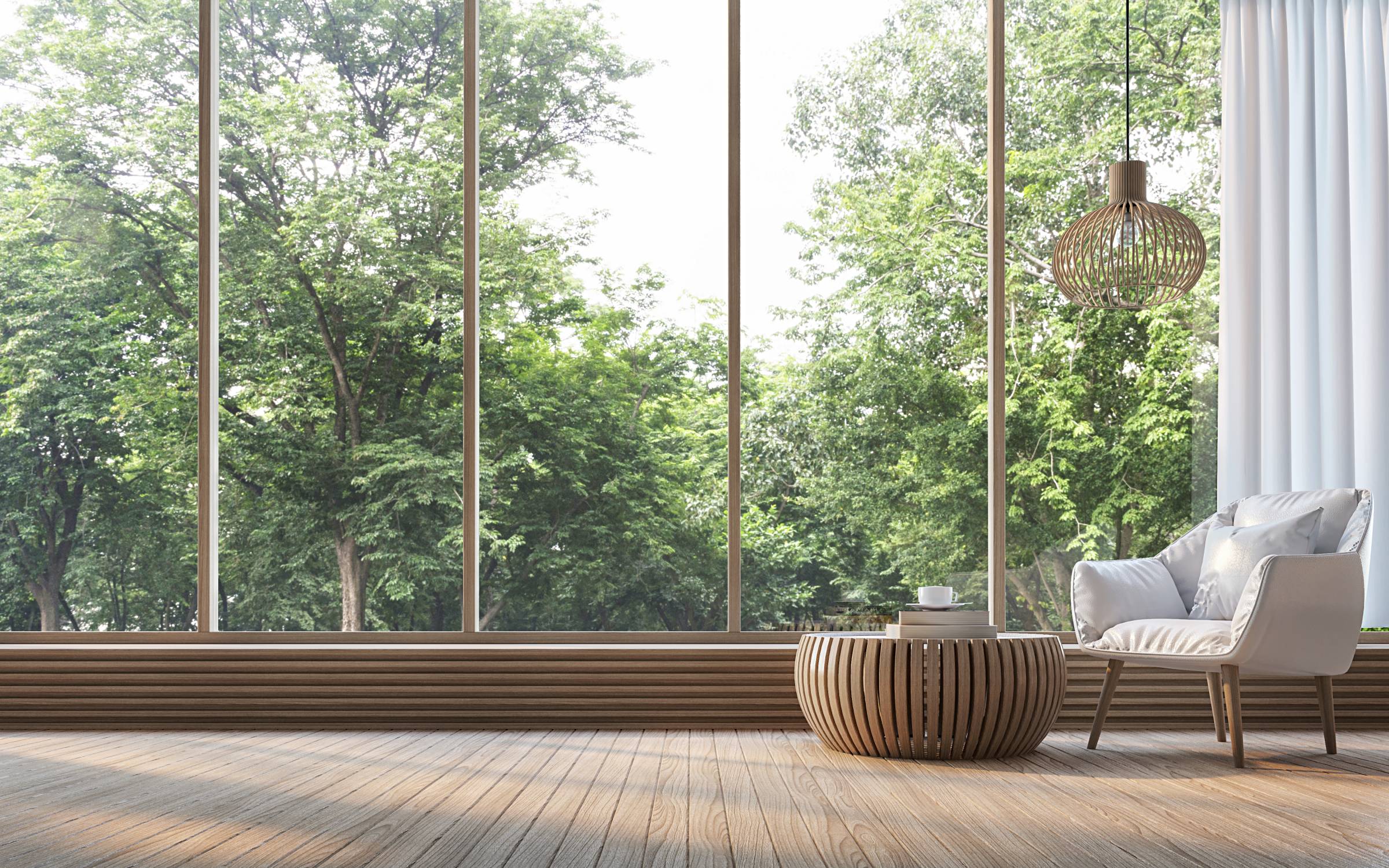
Ultimately, upgrading your home’s windows to triple glazing can help make your space more comfortable and energy efficient. But is triple glazing better than double all the time?
The three panes of glass provide substantially improved insulation over standard double glazing. This keeps your rooms warmer in winter and cooler in summer, saving on energy bills. Triple glazing also reduces outside noise pollution coming into your home.
However, having triple glazed windows installed can be trickier and more expensive upfront than double glazing. You need to ensure the frames of your existing or new windows can support the weight. Plus, building regulations may require professional installation.
Airtasker makes it easy to find a window specialist to help you choose wisely and fit these glazed windows on your property. The process has only three steps:
Create a free account.
Post a task with complete job details. Include your budget, the number of windows that need fitting or modifications, your preferred glazing type, and your timeline.
Receive offers from several Taskers and choose the best one.
With Airtasker, you can relax knowing that skilled tradespeople are handling your windows. So sign up today to take the first step towards building your dream property.
Double glazing vs triple glazing
| Double Glazing |
Triple Glazing |
|
| Cost | Cheaper than triple glazing but pricier than single glazing |
More expensive than double glazing because of the extra pane |
| Appearance | Customisable and thinner |
Bulkier to look at but easy to customise |
| Fitting Complexity | Quicker and cheaper to install because it fits most window frames in the UK |
More challenging to fit because of the extra weight and thickness |
| Thermal Insulation | More thermally efficient than single-paned windows |
Offers better energy efficiency because of its higher U-value and lower solar gain |
| Noise Reduction | Reduces indoor noise pollution more effectively than single glazed windows |
Insulates noise better than double-paned units but is prone to ‘rattling’ or ‘echo chambers’ |
| Privacy/Security | Offers more privacy than windows with a single glaze |
More secure and less appealing to break-ins because of the added glass pane |
| Durability/Maintenance | Usually lasts up to 20 years, easier to maintain than triple glazed units |
Lasts up to 50 years but is more challenging to maintain because of extra panes |
FAQs on double and triple glazing
Yes, it can be worth replacing double glazing with triple glazing. Triple glazed windows are more energy efficient by keeping cold air in the summer and hot air in the winter, helping you better manage your energy bills. The additional pane of glass also provides better outside noise reduction, although it also makes the windows prone to vibrations.
In general, it is not possible to put triple glazing in double glazing frames. Even if you use a retrofit kit, they often cannot accommodate the extra thickness of the third pane of glass. You need to reinforce or modify the existing frames if you insist on installing new triple glazed windows.
Yes, triple glazing prevents or reduces condensation. Having three panes of glass insulates the window and keeps the warm air inside, preventing it from coming into contact with the cold surface and condensing.
Find glaziers, fast
Post a task
Related articles
Related price guides
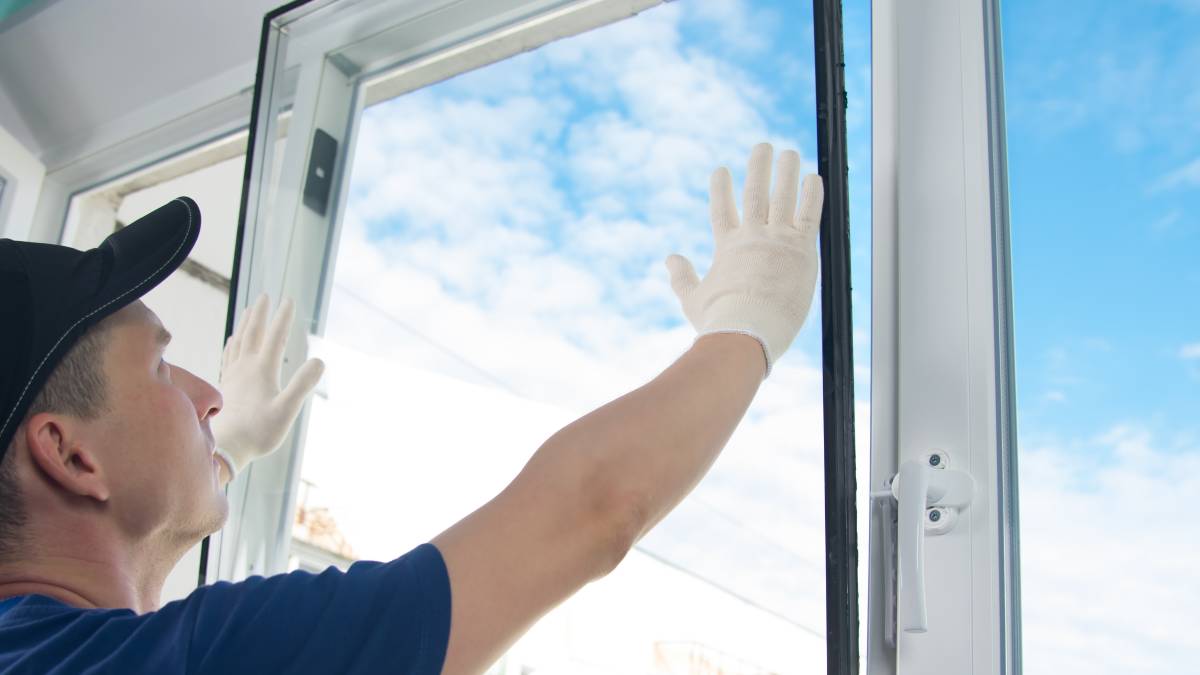
How much does double glazing cost?
Read more

How much does glass cutting cost?
Read more